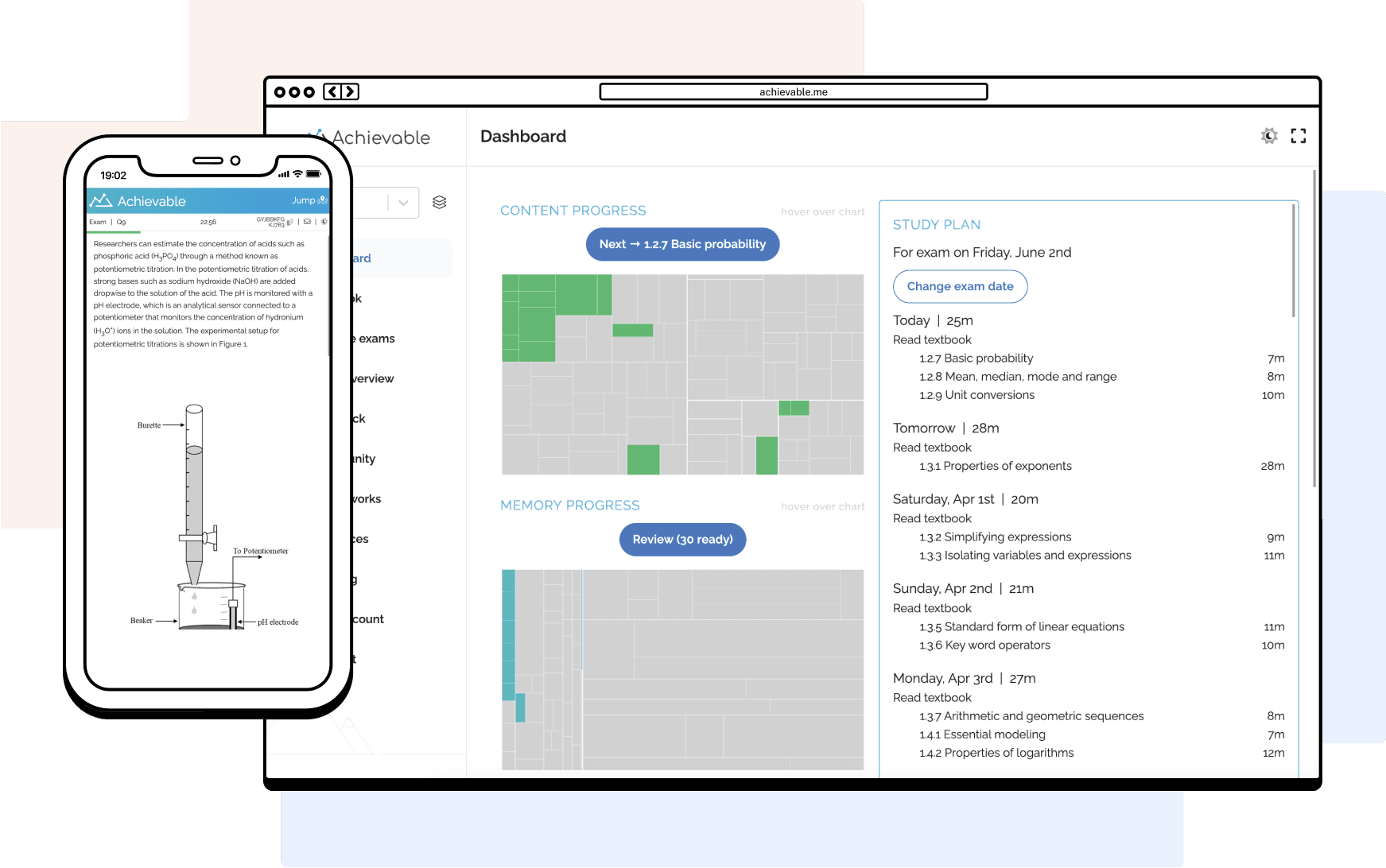
CLT Exam information
What it is, what's tested, and how it's scored.

CLT exam details
The Classic Learning Test (CLT) is a standardized college admissions test that serves as an alternative to the SAT and ACT. Established in 2015, the CLT is designed to assess students' reasoning, critical thinking, and reading skills through a focus on classical texts, philosophy, literature, and history. Unlike the SAT and ACT, which emphasize contemporary educational content, the CLT draws heavily on the Western intellectual tradition, using passages from influential thinkers like Aristotle, Augustine, C.S. Lewis, and Shakespeare.
The CLT exam is hosted by CLT and costs $69 to register. Participants have 2 hours 20 minutes to answer 120 multiple-choice questions.
The Classic Learning Test (CLT) lasts approximately 2 hours and 20 minutes, with 20 minutes of pre-test instructions and 2 hours of testing time. The test is divided into three sections: Verbal Reasoning, Grammar/Writing, and Quantitative Reasoning.
Verbal Reasoning: 40 minutes
Grammar/Writing: 35 minutes
Quantitative Reasoning: 45 minutes
An additional 30 minutes is allotted for in-school testers who choose to complete the optional essay.

Classic Learning Initiatives' CLT exam summary
Verbal Reasoning
40 minutes
40 questions
The Verbal Reasoning section of the CLT tests your ability to analyze and synthesize diverse texts through comprehension, contextual vocabulary, author's intent, structure, and logical inference.
This section (40 questions) assesses your ability to analyze and synthesize diverse texts (Literature, Science, Philosophy/Religion, History/Documents) through comprehension, vocabulary, author's intent, structure, and inference. Expect 27 comprehension questions and 13 analysis questions.
Comprehension questions test you on passage structure, main ideas, and supporting details, demanding attentive reading and inference skills.
Analysis questions test you on rhetorical devices, authorial intent, and relationships between texts, evaluating your ability to think critically about what you read.
Grammar & Writing
35 minutes
40 questions
The Grammar & Writing section evaluates their ability to identify and correct grammatical errors, compose well-structured sentences and paragraphs, and effectively communicate their ideas.
This section (40 questions) assesses your ability to refine and enhance written text. 20 questions focus on grammar, covering areas like agreement, punctuation, and structure, while 20 focus on writing, evaluating clarity, flow, and word choice. Passages cover diverse topics across philosophy/religion, historical profiles, and science,ensuring well-rounded skill assessment.
Grammar questions test you on spotting punctuation errors, subject-verb agreement issues, and sentence structure mistakes, showcasing your knowledge of proper grammar.
Writing questions test your ability to improve clarity of a sentence, conciseness, and word choice in provided passages, revealing your aptitude for effective written communication.
Quantitative Reasoning
45 minutes
40 questions
Finally, the Quantitative Reasoning section assesses your logical thinking, symbol manipulation, and spatial awareness. This section has three type of questions:
- Algebra: Arithmetic & Operations, Algebraic Expressions & Equations (10 questions)
- Geometry: Coordinate Geometry, Properties of Shapes, Trigonometry (14 questions)
- Mathematical Reasoning: Logic, Word Problems (16 questions)
Algebra & geometry questions test you on equations, inequalities, and geometric figures, confirming your grasp of algebraic and geometric concepts. Mathematical reasoning questions test you on logic puzzles, word problems, and data analysis, evaluating your ability to apply math skills to real-world scenarios.
Essay (optional)
30 minutes
Prompted essay
The CLT includes an optional essay section, which is not scored but may be submitted to colleges as a writing sample. This essay allows test-takers to demonstrate their ability to construct a well-reasoned, coherent argument based on a given prompt.
The essay prompt is typically drawn from classical or philosophical texts. The prompts often involve a thought-provoking idea or quote, asking students to reflect on a philosophical or ethical issue.

Achievable CLT content outline
1
Math Reasoning
The CLT emphasizes critical thinking and a deep understanding of mathematical foundations rather than rote memorization. We cover core mathematical topics in detail: number properties; factors and multiples; percents; sequences; logic; average (arithmetic mean); two conditions questions.
2
Geometry
The CLT evaluates a student's understanding of geometric concepts, including shapes, angles, properties, and theorems. It emphasizes problem-solving skills and the practical application of geometry in various contexts. We'll learn the fundamentals of these topics in detail: angles; triangles; quadrilaterals and polygons; circles; 3-D figures and volume; right triangle trigonometry; unit circle trigonometry.
3
Algebra
The CLT tests a student's grasp of algebraic concepts, including equations, inequalities, functions, and polynomials. It focuses on problem-solving and applying algebraic principles to real-world scenarios. Emphasis will be placed on learning linear equations; inequalities; multivariable equations; systems of equations; quadratics; exponents; ratios and proportions.
4
Verbal Reasoning
The CLT Verbal Reasoning section assesses a student's ability to analyze and interpret complex texts. It focuses on comprehension, logical reasoning, and the evaluation of arguments across various literary and philosophical works. We'll explore the "Journey Method" for maximizing comprehension and retention and its application to scientific, philosophical, literary, and historical passages.
5
Grammar & Writing
The CLT Grammar and Writing section evaluates a student's proficiency in English grammar, syntax, and usage. It emphasizes clarity, structure, and effective communication, testing the ability to write and edit well-constructed sentences and passages. We'll cover the "DIRECT Method" for improving efficiency and accuracy in analyzing writing structure and syntax.

Hit your target score
Achievable is the best online CLT exam prep course: effective, personalized, and convenient. With Achievable, you'll spend less time studying and hit your target score with confidence.